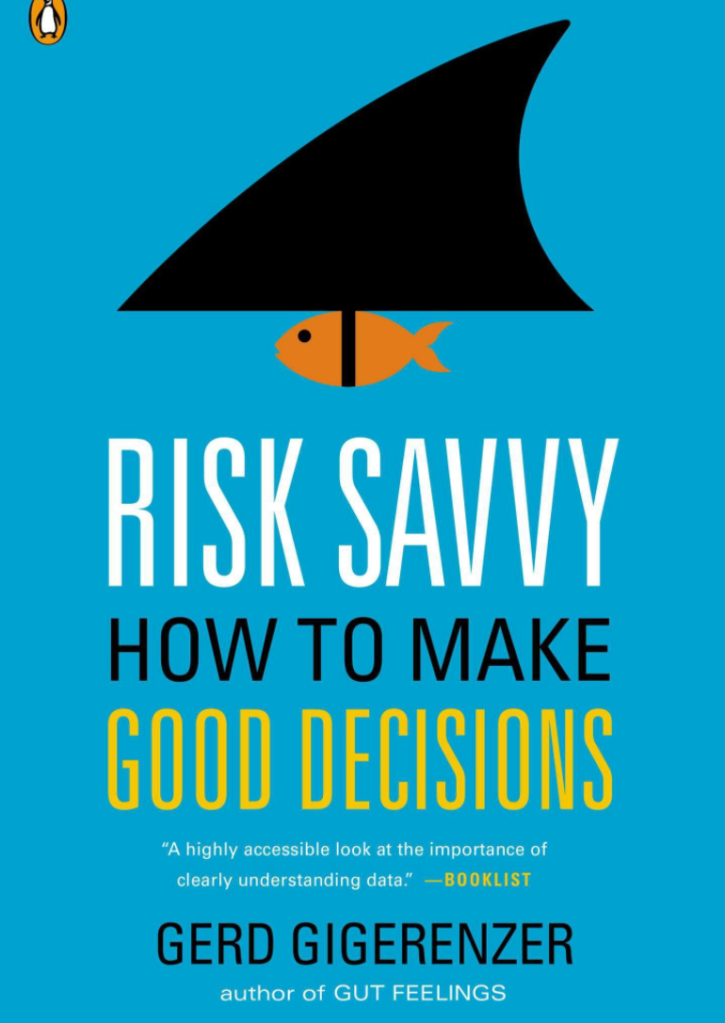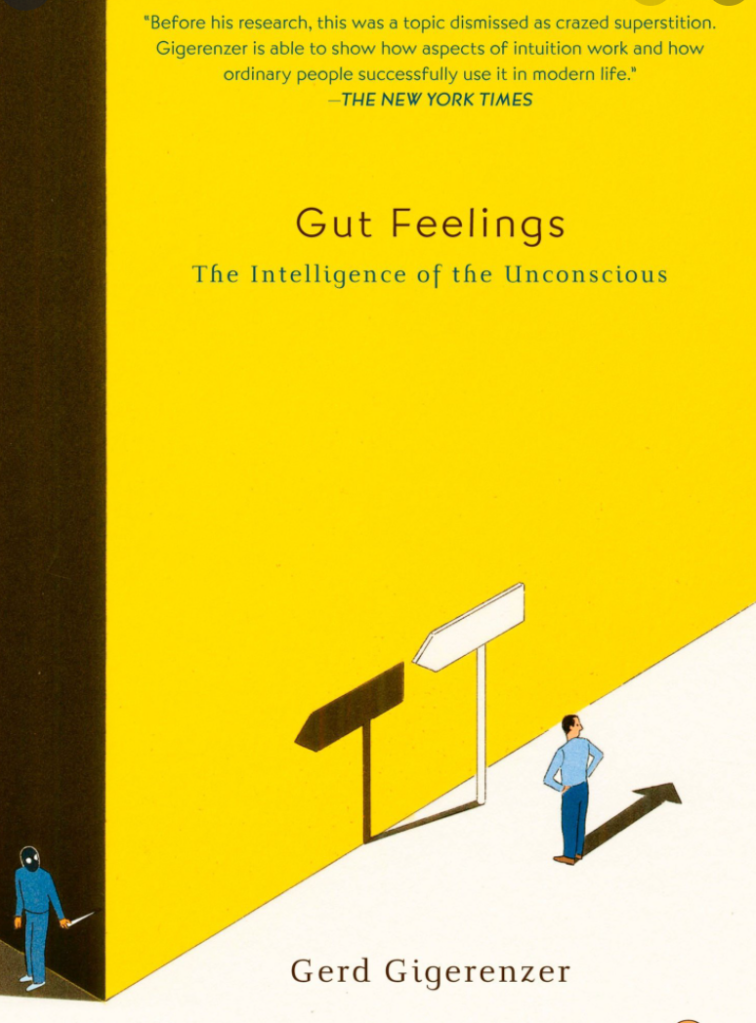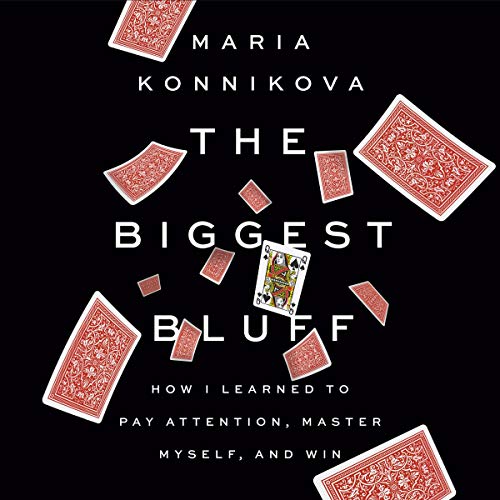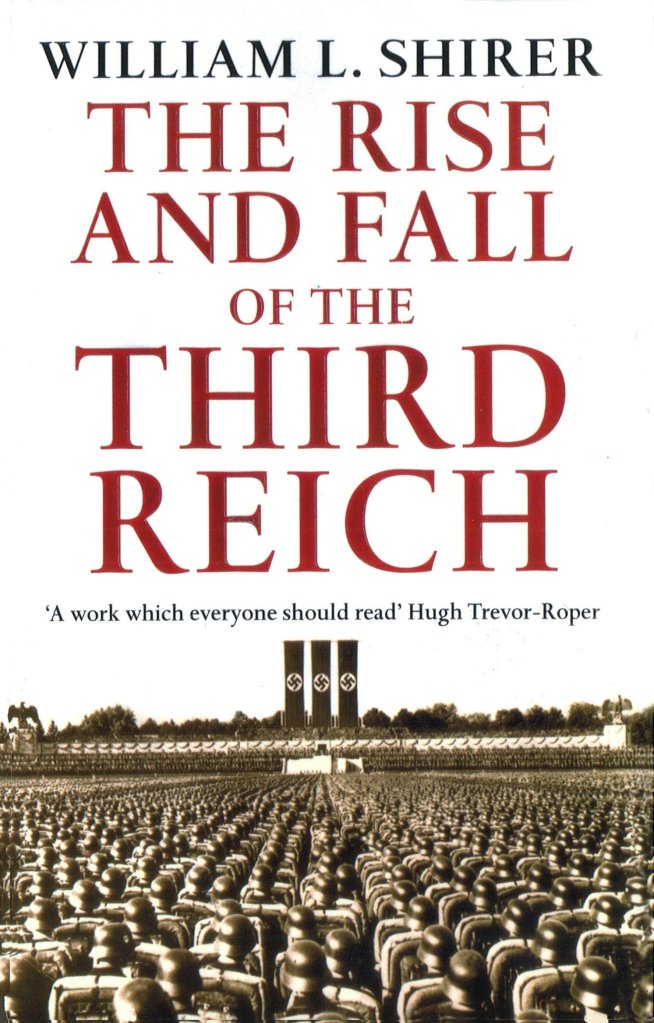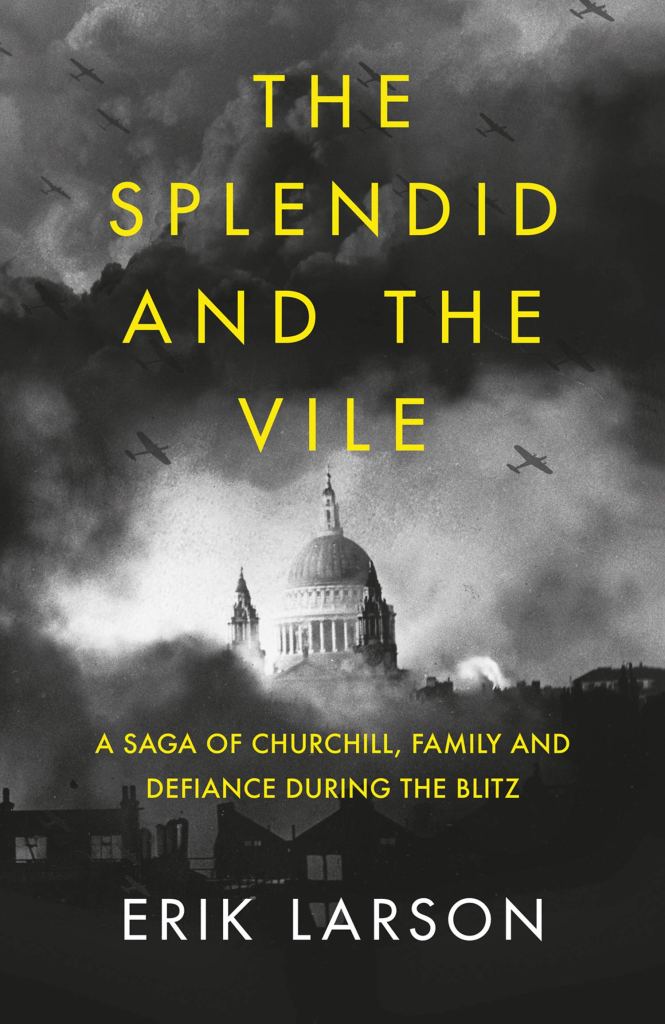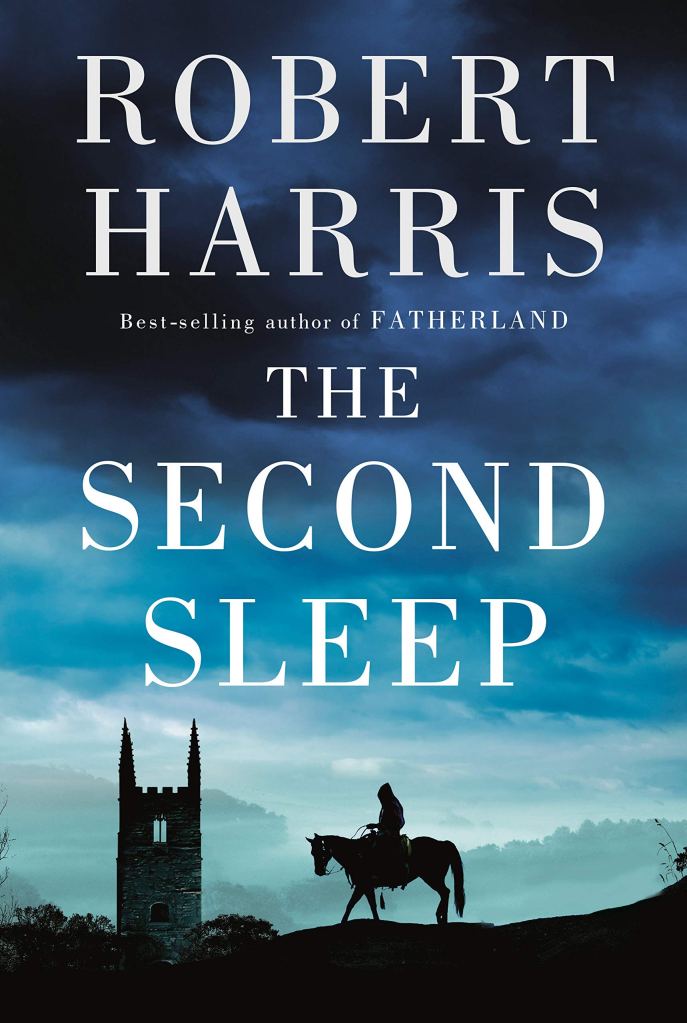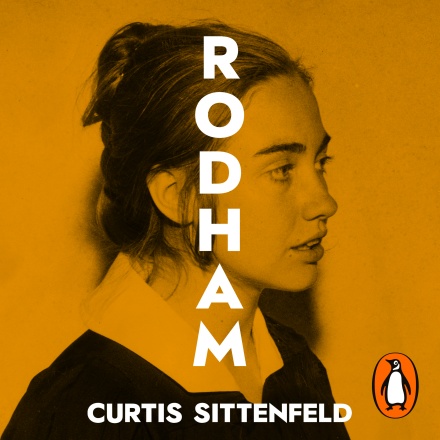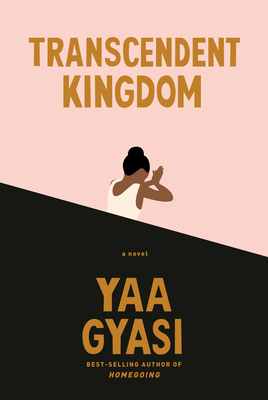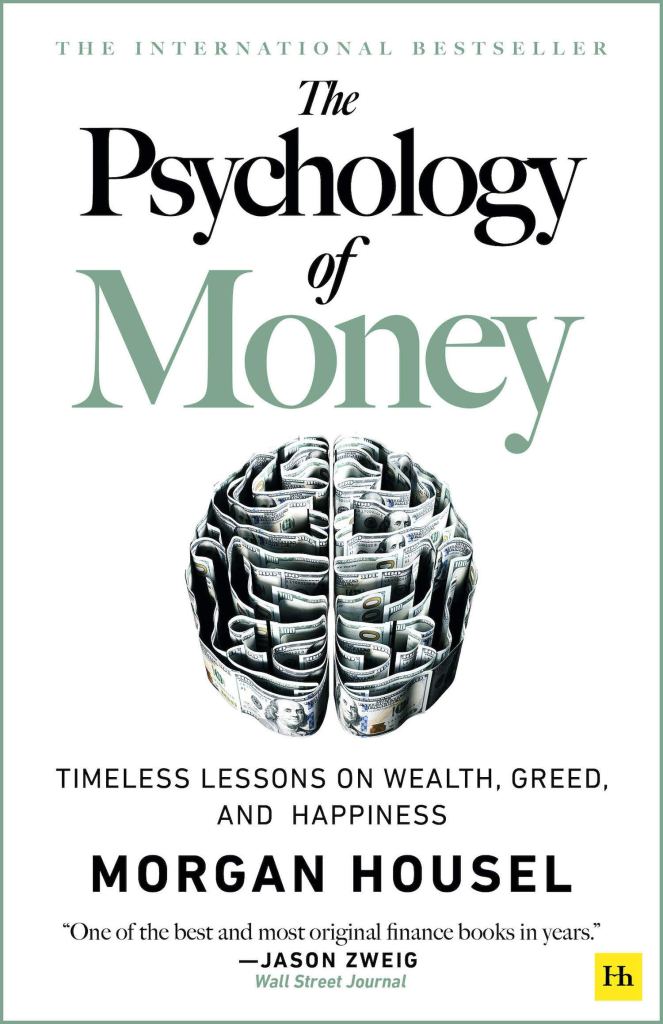I had such high hopes for last year. 2020 eh?
We’ve all missed out on so much. Not being able to hug somebody at a funeral; having to resist squeezing the cheeks of babies; the smiles of strangers hidden behind masks; lines around the block for groceries — all these take a toll.
My more benign struggle this year has been the inability to while away hours in coffee shops and libraries with dear books. Now you might say you can easily replicate a coffee shop in your home. Pour some luke warm coffee into a chipped mug, put on some smooth jazz, and voila – Cafe Maison is yours, without any of the pesky distractions. But it’s the distractions and unpredictability of coffee shops and libraries that make them such great places to get immersed in books.
Books are about people (most of the time). Reading with people around you helps bring books to life. I realize I transpose prose (sorry!) onto the people around me. I’m not sure if I’m admitting to a complete lack of imagination or to a brilliant talent for creating ad-hoc dramatizations featuring amateur actors in my head. Without the beautiful strangers to bring books, especially novels, to life my input of books has greatly decreased this year. It might also have been the incessant doomscrolling, but I prefer to think it’s the lack of coffee shops.
When you’re reading any book that tries to generalize on human behavior it helps so much to have people, real people in all their weirdness, around you. It keeps you honest. If the stuff you’re reading wouldn’t hold true for the person ordering a muffin or the person struggling to open the bathroom door then it’s probably not worth thinking too much about.
My greatest reading experiences have been when I’ve been surrounded by people. Reading Poor Economics or Thinking Fast and Slow while sitting at the village square in the village I lived in The Gambia made me engage with their words and arguments in a deeper way than I ever got from reading in my bedroom or library during college.
Well enough of that, here are the books that I read at Cafe Maison that stuck with me the most last year:
Risk Savvy: How to Make Good Decisions & Gut Feelings: The Intelligence of the Unconscious
Both by Gerd Gigerenzer
I first got turned on to these books when I was trying to understand the US healthcare system. I receive such different treatment here from doctors in the US compared to in the UK. The incentives are so skew whiff that every interaction takes forever and everything from pain meds to x-rays gets overprescribed. These books show that most of medicine is bonkers and far too overly dependent on complex models that do a shitty job of making wise decisions and communicate intelligent courses of action to patients. Gigerenzer (a psychologist by training, but so much more than that) shows how medical professionals approach risk and communicate that risk to to patients in patently absurd ways.
The books are worth it alone for the distinction he makes between how to approach risk and uncertainty.
RISK: If risks are known, good decisions require logic and statistical thinking. UNCERTAINTY: If some risks are unknown, good decisions also require intuition and smart rules of thumb.
The Biggest Bluff: How I Learned to Pay Attention, Master Myself, and Win
By Maria Konnikova
This is Maria’s journey from Psychology PhD to professional poker player. it’s part anthropological study of elite poker players, part a test of decision making theory in the wild. She finds that as Edward Gibbon warned about as far back as 1794, that “the laws of probability, so true in general, [are] so fallacious in particular” and that brute math is not enough to win at the table.
Poker players have it easy in some ways. They have so many opportunities for quick feedback. For those of us in professions where feedback is slower it’s easy to have an illusion of skill and never get called on it.
I’m more inclined to Nassim Talib’s belief that we cannot use games as models of real life because in life, the rules derived from games can break down in unforeseen ways. It’s called the ludic fallacy. Games are too simplified. Life has all sorts of things it can throw at you to make your careful calculations useless. Saying that, Konnikova gives a great account of how the mess of life influences how you play the cards you’re dealt.
It ends with this delightful Buddhist proverb:
A farmer loses his prize horse. His neighbor comes over to commiserate about the misfortune, but the farmer just shrugs: who knows if it is a misfortune or not. The next day, the horse returns. With it are twelve more wild horses. The neighbor congratulates the farmer on this excellent news, but the farmer just shrugs. Soon, the farmer’s son falls off one of the feral horses as he’s training it. He breaks a leg. The neighbor expresses his condolences. The farmer just shrugs. Who knows. The country declares war and the army comes to the village, to conscript all able-bodied young men. The farmer’s son is passed over because of his leg. How wonderful, the neighbor says. And again the farmer shrugs. Perhaps.
The Rise and Fall of the Third Reich
By William Shirer
This is not a recommendation. Don’t read a 500 page opus on the makings of a totalitarian fascist system while there is a parody of a dictator is trying to win/steal an election. It will do nothing for your blood pressure. Even if it is one of the most impressive pieces of journalism ever written. Shirer seems like he was always at the right (or wrong depending how you look at it) place in Europe at the right time.
The US is not Weimar but it takes very little imagination to mirror the way Hitler hoodwinked so many with what Trump has achieved these past 4 years. I took solace throughout the year that Trump had not seriously tried to start a Reichstag fire and that the generals of this country still seem to be pretty decent. That feels like it is being tested as I write.
Those who do not remember the past are condemned to relive it.
Santayana
I used to complain that all I ever got taught about in history in school was World War 2 over and over again. As the last survivors of that conflict pass us by, it feels even more imperative today that kids in this country are given an incessant education on this period of history.
The Splendid and the Vile: A Saga of Churchill, Family, and Defiance During the Blitz
By Erik Larson
Blitz spirit and Chruchillianisms have be done to death this year. This is still a fun insight into the man and people who surrounded him. Fun fact: Churchill would have two baths a day without fail.
Forgive me as I bludgeon you with a few more zingers.
It is not given to human beings—happily for them, for otherwise life would be intolerable—to foresee or to predict to any large extent the unfolding course of events.
WINSTON CHURCHILL, EULOGY FOR NEVILLE CHAMBERLAIN, NOVEMBER 12, 1940
“It’s not the bombs I’m scared of any more, it’s the weariness,”
“Always remember, Clemmie, that I have taken more out of alcohol than alcohol has taken out of me.”
“The night was cloudless and starry, with the moon rising over Westminster. Nothing could have been more beautiful and the searchlights interlaced at certain points on the horizon, the star-like flashes in the sky where shells were bursting, the light of distant fires, all added to the scene. It was magnificent and terrible: the spasmodic drone of enemy aircraft overhead; the thunder of gunfire, sometimes close sometimes in the distance; the illumination, like that of electric trains in peace-time, as the guns fired; and the myriad stars, real and artificial, in the firmament. Never was there such a contrast of natural splendor and human vileness.”
The Second Sleep
By Robert Harris
A fun novel with an elegant premise. It’s setting appears to be a medieval village in England. Then the local priest discovers multiple smooth shiny pebble like objects. With an apple with a bite engraved on them. It turns out it’s the future. And the introduction of these devices marked the beginning of the end of the previous advanced civilization.
“All civilisations consider themselves invulnerable; history warns us that none is.”
The title of the book refers to the once common practice of having a period of wakefulness in the middle of the night, before returning to bed. It felt apt as I read mainly at 3am to quiet my mind to the angst of elections and pandemics.
Rodham: A Novel
By Curtis Sittenfeld
“There are two kinds of marriages,” Barbara said. “The ones where you’re privy to how messy they are, and the ones where you’re not.”
Hillary dumps Bill before he runs for president. A delicious idea, executed seriously and delightfully. I realized how many biases I’ve held about Hillary from growing up in the 90s.
“If I was no longer his girlfriend, and never his wife, I was not responsible for his behavior, not even by extension,” the fictional Hillary reflects as she drives away from Arkansas after the pivotal breakup. “This absolution was my reward for losing him.”
This week more than most I’ve spent futile thoughts on how we really missed out by not turning out en masse for Hillary like we did for Biden.
Transcendent Kingdom
By Yaa Gyasi
How the luck, or rather misfortune, of a prescription can emotionally cripple a family is shown in this devastating second novel from Gyasi. The protagonist’s journey from Alabama, where her family moved to from Ghana, to Stanford, where she studies neuroscience in the vain hope of understanding why her brother got addicted to OxyContin. The connection between the mass trauma of the opioid crisis with the rise of Trumpism, and its surrounding mist of anger, feels blazingly clear after reading this. Transcendent Kingdom benefits from being less layered than her first book, Homegoing. I found myself constantly asking of the protagonists mother why she didn’t move back to Ghana, like the father. It really makes the US seem like a downgrade on any West African country.
The world is charged with the grandeur of God. It will flame out, like shining from shook foil.
Gerard Manley Hopkins
Nothing comes into the universe and nothing leaves it
Sharon Olds
and finally, possibly my favorite, definitely the most useful book I read this year…
The Psychology of Money
By Morgan Housel
It’s not a self help book for financial mastery. It’s a collection of wisdom about how to calibrate your relationship with money. It has an almost Taoist quality to it. Here’s some snippets…
Years ago I asked economist Robert Shiller, who won the Nobel Prize in economics, “What do you want to know about investing that we can’t know?” “The exact role of luck in successful outcomes,” he answered.
Kurt Vonnegut informs his pal, Joseph Heller, that their host, a hedge fund manager, had made more money in a single day than Heller had earned from his wildly popular novel Catch-22 over its whole history. Heller responds, “Yes, but I have something he will never have … enough.”
When asked about his silence during meetings, Rockefeller often recited a poem: A wise old owl lived in an oak, The more he saw the less he spoke, The less he spoke, the more he heard, Why aren’t we all like that wise old bird?
In his book 30 Lessons for Living, gerontologist Karl Pillemer interviewed a thousand elderly Americans looking for the most important lessons they learned from decades of life experience. He wrote: No one—not a single person out of a thousand—said that to be happy you should try to work as hard as you can to make money to buy the things you want. No one—not a single person—said it’s important to be at least as wealthy as the people around you, and if you have more than they do it’s real success. No one—not a single person—said you should choose your work based on your desired future earning power.
When you see someone driving a nice car, you rarely think, “Wow, the guy driving that car is cool.” Instead, you think, “Wow, if I had that car people would think I’m cool.” Subconscious or not, this is how people think.
When most people say they want to be a millionaire, what they might actually mean is “I’d like to spend a million dollars.” And that is literally the opposite of being a millionaire.
There’s a common phrase in investing, usually used mockingly, that “It’s different this time.” If you need to rebut someone who’s predicting the future won’t perfectly mirror the past, say, “Oh, so you think it’s different this time?” and drop the mic. It comes from investor John Templeton’s view that “The four most dangerous words in investing are, ‘it’s different this time.’” Templeton, though, admitted that it is different at least 20% of the time. The world changes. Of course it does. And those changes are what matter most over time. Michael Batnick put it: “The twelve most dangerous words in investing are, ‘The four most dangerous words in investing are, ‘it’s different this time.’”
“For reasons I have never understood, people like to hear that the world is going to hell.”
Deirdre McCloskey
“I am not an optimist. I am a very serious possibilist.”
Hans Rosling
Daniel Kahneman once told me about the stories people tell themselves to make sense of the past. He said: Hindsight, the ability to explain the past, gives us the illusion that the world is understandable. It gives us the illusion that the world makes sense, even when it doesn’t make sense. That’s a big deal in producing mistakes in many fields.
“Risk is what’s left over when you think you’ve thought of everything.”
Carl Richards
“True success is exiting some rat race to modulate one’s activities for peace of mind.”
Nassim Taleb

